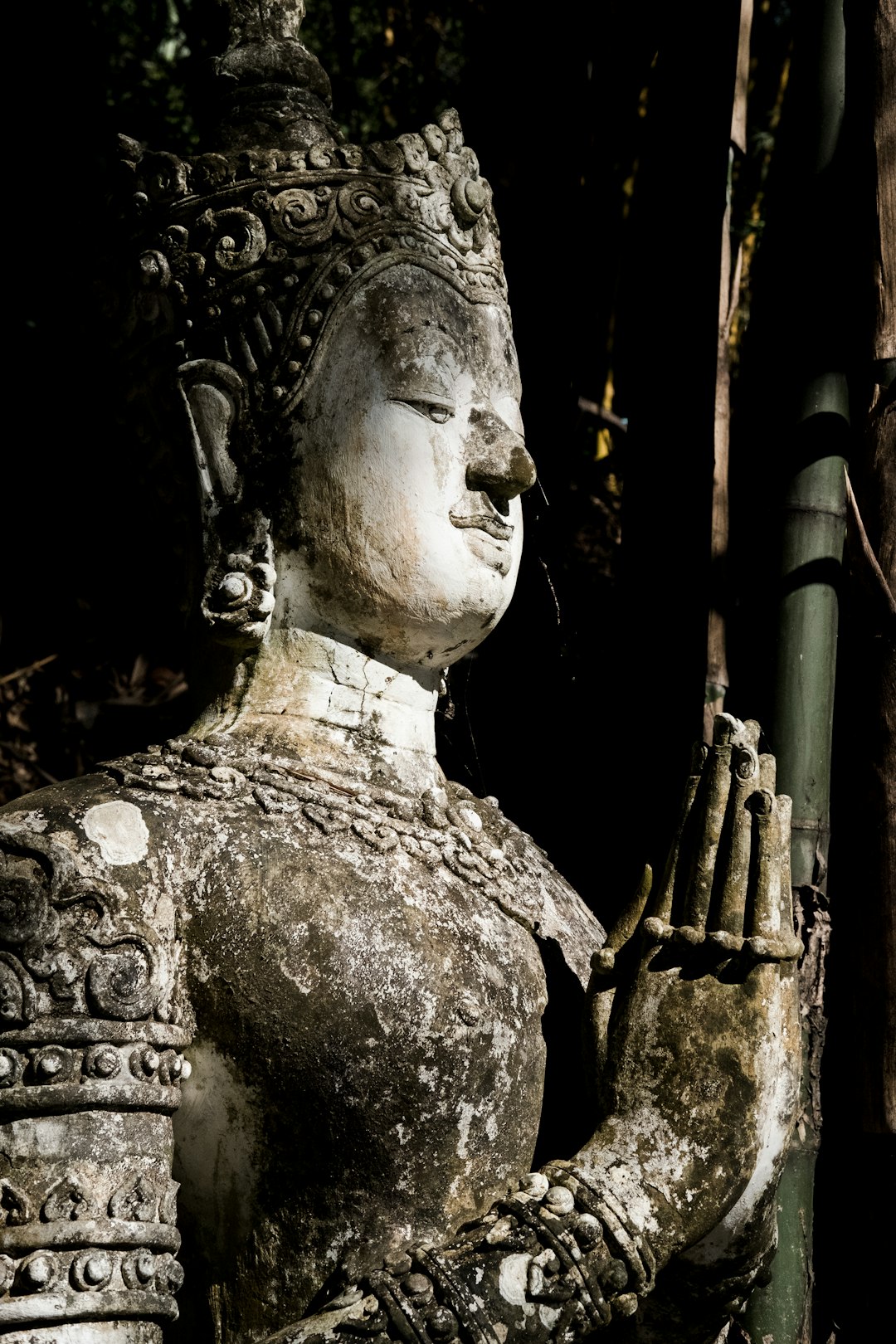Religious practices are an integral part of the lives of billions of people around the world. They serve as a way for individuals to connect with their spirituality, seek guidance, find comfort, and establish a sense of community with like-minded believers. While each religion has its own unique set of practices, there are some common themes that can be seen across different faiths. In this blog post, we will explore the top 10 religious practices from around the world.
1. Prayer: Prayer is a universal religious practice that is found in nearly every faith tradition. It is a way for believers to communicate with their deity or deities, seek guidance, and express gratitude. Prayers can be spoken aloud, recited from sacred texts, or silently thought. They can also be performed individually or in a group setting, such as during a religious service or ceremony.
2. Meditation: Meditation is another common religious practice that is found in many faith traditions, including Buddhism, Hinduism, and Christianity. It is a way for believers to quiet their minds, focus their thoughts, and connect with their inner selves or with a higher power. Meditation techniques can vary widely, from focusing on breathing to repeating a mantra to visualizing a specific image or deity.
3. Fasting: Fasting is a practice that is found in numerous religious traditions, including Islam, Christianity, and Judaism. It involves abstaining from food or drink for a set period of time, usually as a form of spiritual discipline or as a way to purify the body and mind. Fasting can also be a way to demonstrate devotion or repentance, as seen during religious festivals or holy days.
4. Pilgrimage: Pilgrimage is a religious practice that involves traveling to a sacred site or location to seek spiritual enlightenment, healing, or blessing. Pilgrimages are an important part of many faith traditions, such as the Hajj in Islam, the Kumbh Mela in Hinduism, and the Camino de Santiago in Christianity. Pilgrims often travel long distances by foot, horseback, or other means to reach their destination, where they participate in rituals, prayers, and other religious activities.
5. Rituals: Rituals are symbolic actions or ceremonies that are performed as part of a religious practice. They can include things like baptism, communion, wedding ceremonies, funeral rites, or daily prayer rituals. Rituals are meant to connect believers with their faith, their community, and their deity or deities. They can also serve as a way to mark important life events or transitions.
6. Charity: Charity is a common practice in many religious traditions, as a way to demonstrate compassion, generosity, and solidarity with those in need. Giving to charity can take many forms, such as donating money, volunteering time, or providing resources to help others. Practicing charity is often seen as a way to fulfill religious obligations and to show gratitude for the blessings one has received.
7. Sacraments: Sacraments are religious rituals or ceremonies that are considered to be sacred or holy within a specific faith tradition. They are seen as a way to connect believers with their deity or deities and to receive grace, blessings, or spiritual growth. Sacraments can include things like baptism, confirmation, the Eucharist, marriage, and last rites. They are often seen as a way to mark important milestones in a believer’s spiritual journey.
8. Chanting: Chanting is a practice that is found in many religious traditions, including Hinduism, Buddhism, and Christianity. It involves singing or reciting sacred texts, prayers, or mantras in a repetitive manner. Chanting is seen as a way to focus the mind, elevate the spirit, and invoke the presence of a deity or deities. It can be performed individually or in a group setting, such as during a religious ceremony or meditation session.
9. Sabbath observance: Sabbath observance is a practice that is found in Judaism, Christianity, and Islam, among other faith traditions. It involves setting aside a specific day of the week for rest, reflection, worship, and spiritual renewal. The Sabbath is seen as a time to connect with one’s faith, community, and deity or deities. It is often marked by special rituals, prayers, and observances that help believers to disconnect from the busyness of everyday life and focus on their spiritual well-being.
10. Study and reflection: Studying sacred texts, teachings, and traditions is a common religious practice that is found in many faith traditions. It involves seeking knowledge, wisdom, and understanding of one’s faith and its teachings. Studying can take many forms, such as reading the Bible, the Quran, the Vedas, or other religious scriptures, attending religious classes or lectures, or engaging in discussions with other believers. Reflection is also an important part of this practice, as it allows believers to deepen their understanding of their faith and its teachings and to apply them to their daily lives.
In conclusion, religious practices are an important part of the lives of billions of people around the world. While each faith tradition has its own unique set of practices, there are some common themes that can be seen across different religions. The top 10 religious practices outlined in this blog post serve as a way for believers to connect with their spirituality, seek guidance, find comfort, and establish a sense of community with like-minded believers. By engaging in these practices, individuals can deepen their faith, strengthen their spiritual connection, and live out the values and teachings of their religion in their daily lives.

